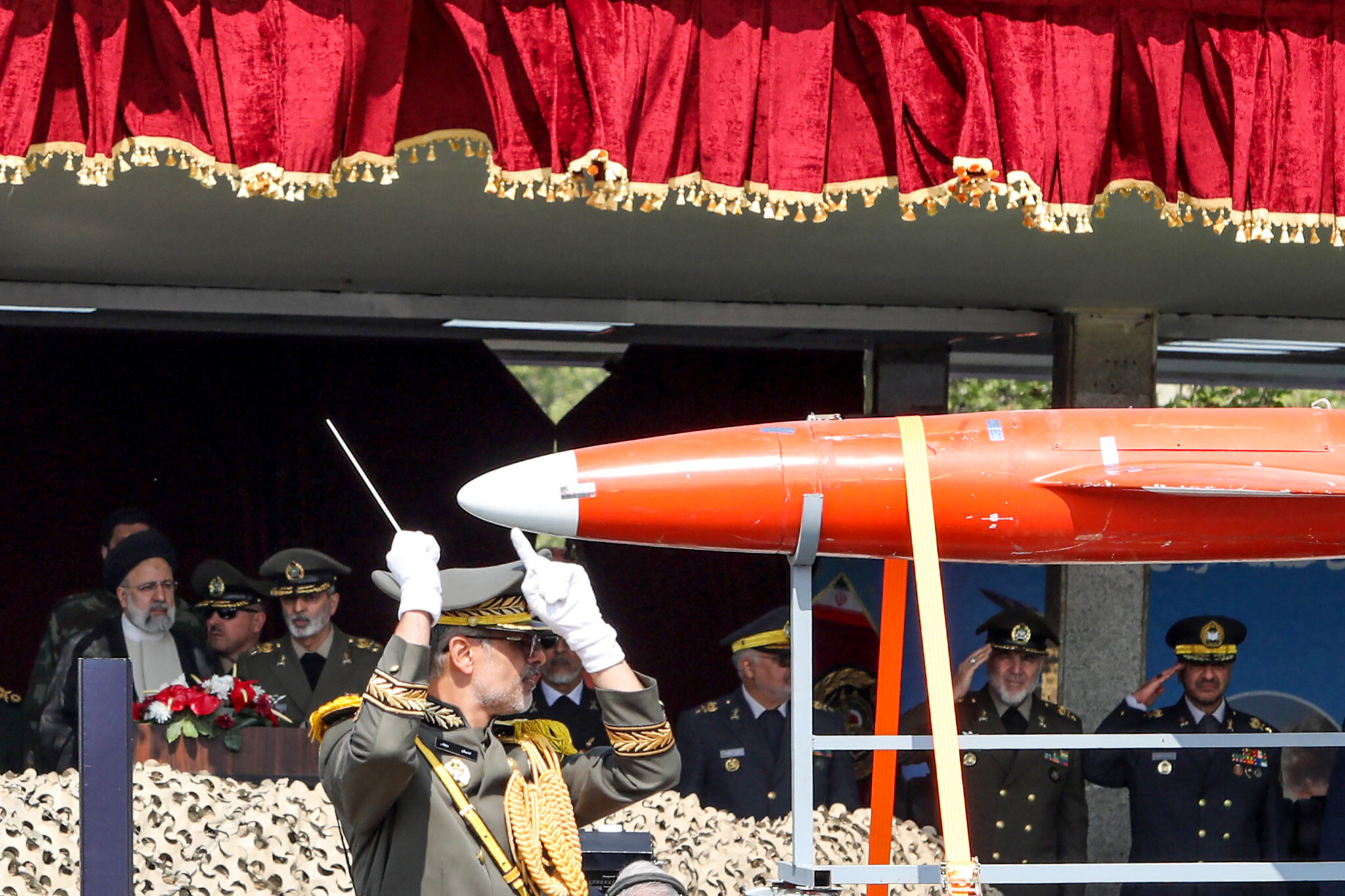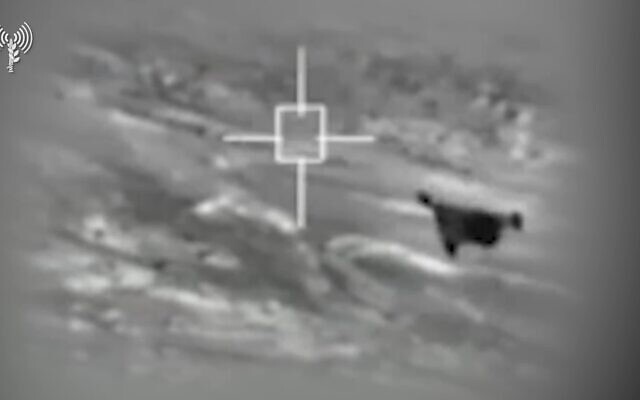



EU foreign ministers agreed in principle on Monday to expand sanctions on Iran following Tehran’s missile and drone attack on Israel, the bloc’s foreign policy chief Josep Borrell said. Israel hailed the step as a “clear message” to Tehran.
The sanctions will be aimed at curtailing exports of EU-made components used in the production of UAVs, drones and ballistic missiles employed by Iran.
The European Union already has multiple sanctions programs against Iran, for the proliferation of weapons of mass destruction, human rights abuses and supplying drones to Russia.
But several EU countries had called for widening the drone-related sanctions regime to cover missiles and transfers to proxy forces.
“We have reached a political agreement in order to enlarge and expand the existing drone (sanctions) regime in order to cover missiles and their potential … transfer to Russia,” Borrell told reporters after a meeting of EU foreign ministers in Luxembourg.
The sanctions would also be expanded beyond Russia to cover drone and missile deliveries not only to Russia but also to proxies in the region, he said.
The sanctions will also address target Iran’s proxies by expanding the restrictions to the “whole region of the Middle East and the Red Sea,” Borrell said.
More work will need to follow to approve a legal framework before the expansion of the sanctions can take effect.
EU ministers stopped short of listing Iran’s Islamic Revolutionary Guard Corps as a terrorist organization. The US took the step during the Trump administration, and Israel has been pushing Brussels to follow suit.
Such a designation by the EU would first require a judicial decision by a body in one of the 27 member states, which could then be used as the legal basis for such a move to be taken by the entire bloc.
Foreign Minister Israel Katz called the announcement “a dramatic decision that sends a clear message to Khamenei, to Iran and its proxies: you cannot continue to undermine regional stability and peace.
Katz also tweeted in Farsi that “this is what a diplomatic defeat looks like — and it’s only the beginning.”
Borrell’s announcement came less than a week after the US announced a series of sweeping sanctions targeting leaders and entities tied to the IRGC, Iran’s defense ministry and its missile and drone program following Tehran’s April 13 missile and drone attack against Israel.
The United Kingdom is concurrently imposing sanctions targeting several Iranian military organizations, individuals and entities involved in Iran’s UAV and ballistic missile industries, the Treasury Department added.
Iran launched more than 300 missiles, drones and rockets at Israel on April 13, in retaliation for an alleged Israeli strike on April 1 on a site in Damascus that Iran said was a consular building, which killed two Islamic Revolutionary Guard Corps generals and several other officers.
Israel and its allies shot down the vast majority of the drones and missiles and the attack caused only one injury, but concerns about a potential Israeli reprisal nevertheless stoked fears of all-out regional war.
Israel reportedly responded with a strike of its own targeting military facilities near in Iran’s Isfahan.


